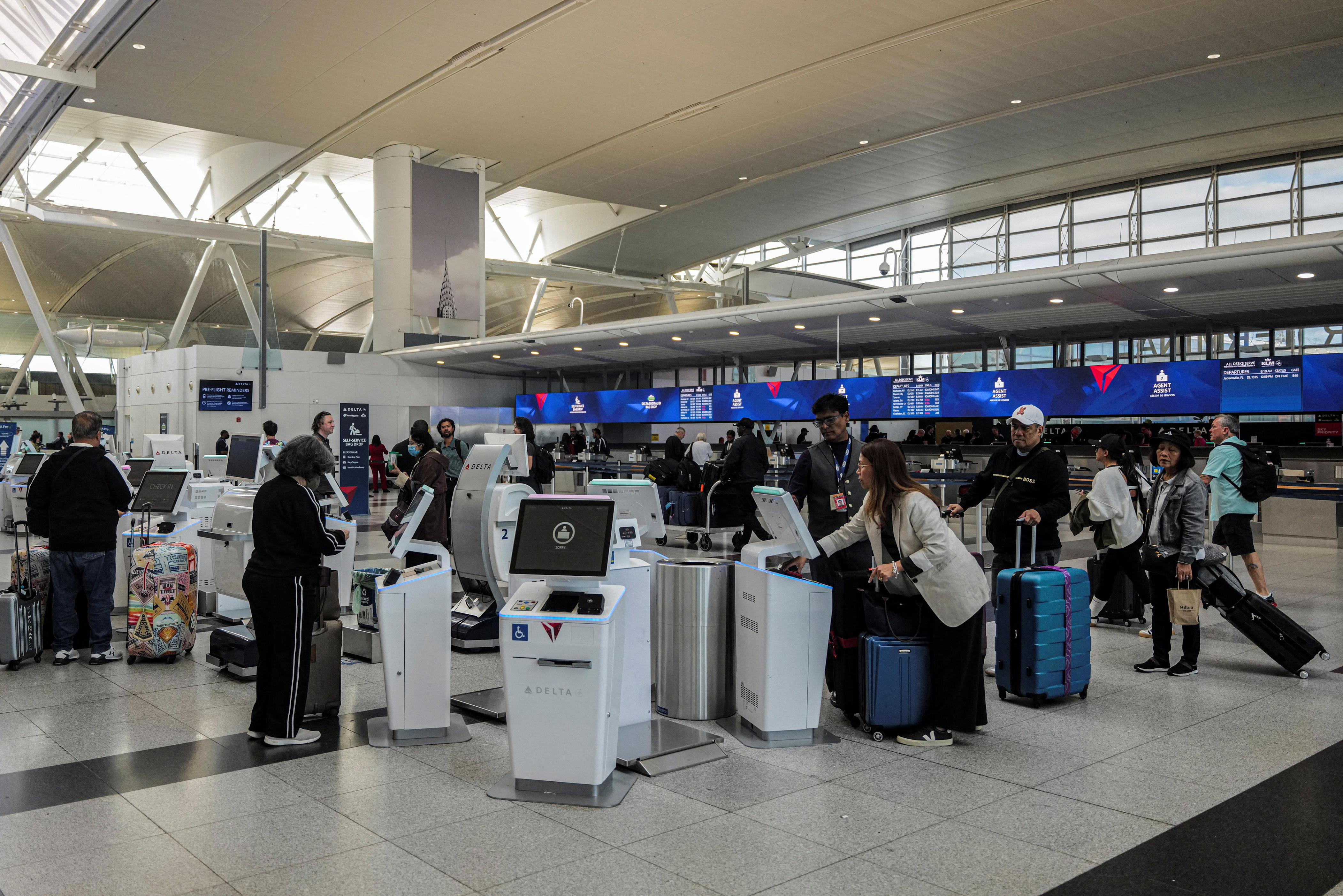
Understanding the Complexity of Airline Pricing
Airline pricing has long been a mystery to many travelers, even for those who are well-versed in the industry. The process is often described as opaque and difficult to navigate, with prices fluctuating based on a variety of factors that aren’t always clear to the consumer. When I spoke with William J. McGee, a senior fellow for aviation and travel at the American Economic Liberties Project, he humorously noted that one of the most challenging questions an aviation expert can face at a social gathering is, “How do I find a good deal on airfare?” The answer, as he explained, is usually best represented by a shrug.
This confusion has recently taken on new significance as Delta Air Lines announced it is testing a new AI tool to help set its fares. The revelation sparked immediate concern among consumers, advocates, and lawmakers, who fear that this technology could lead to more aggressive pricing strategies that exploit passengers.
How Airlines Set Prices Today
Despite the growing interest in AI-driven pricing, airlines currently rely on a dynamic pricing model that adjusts fares based on demand, time of booking, and other market conditions. However, the exact mechanics of how these prices are determined remain largely hidden from the public. According to McGee, the process is so opaque that there is still much we don’t know about how airlines use data to set their prices.
Delta has stated that it does not intend to use AI to create truly individualized fares. In a letter to senators, Peter Carter, Delta’s Executive Vice President of External Affairs, emphasized that the airline’s AI-powered pricing functionality is designed to enhance existing processes using aggregated data rather than targeting specific customers. This approach aims to streamline fare analysis and improve the speed at which airlines respond to changing market dynamics.
The Role of Technology in Future Pricing
While Delta claims it is not using AI to personalize fares, experts like Kyle Potter, editor of Thrifty Traveler, suggest that the technology may eventually enable more tailored pricing models. He pointed out that the current systems airlines use to set and distribute fares are outdated, making it difficult to implement truly personalized pricing on a large scale.
Potter also noted that airlines have a history of pushing the boundaries of price differentiation, and as technology evolves, they may find new ways to adjust fares based on passenger data. Although there is no indication that Delta plans to offer individualized pricing, the company’s recent comments may signal a trial balloon for how the public might react to such changes.
The Implications for Consumers and Regulators
McGee warns that as predictive pricing technology becomes more advanced, both consumers and regulators must remain vigilant. He believes it is crucial for legislators to understand and address the potential consequences of more sophisticated pricing models. Without proper oversight, there is a risk that passengers could end up paying different fares for the same flight, a scenario that could be difficult to reverse.
Potter agrees, emphasizing that airlines will continue to seek ways to maximize revenue within the constraints of their current technology. While there may be resistance to personalized pricing now, he suggests that this trend may eventually become a reality if the industry continues to push forward.
Tips for Finding the Best Airfares
For travelers looking to find the best deals, experts recommend trusting your instincts and using available tools. Price prediction features on platforms like Google Flights and Expedia can provide valuable insights into fare trends. Additionally, staying informed about market conditions and being flexible with travel dates can help secure better rates.
Ultimately, the complexity of airline pricing means that finding the perfect deal often requires a combination of strategy, patience, and a bit of luck. As the industry continues to evolve, it remains important for travelers to stay informed and make decisions that align with their needs and budget.
